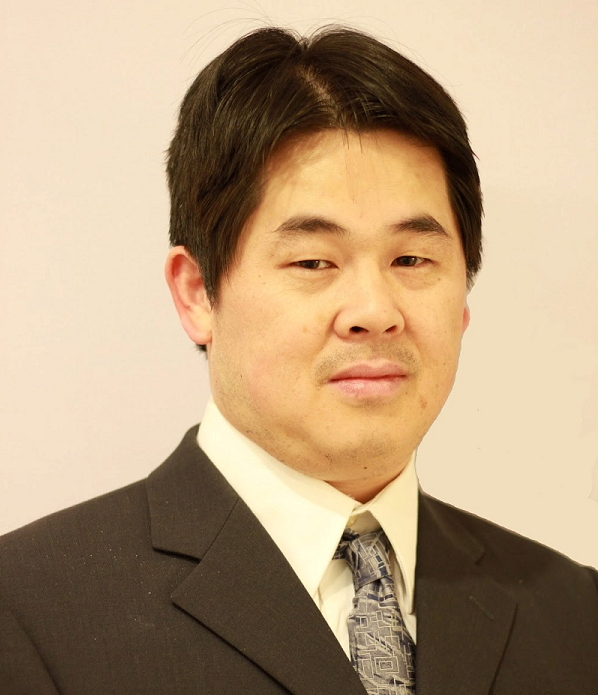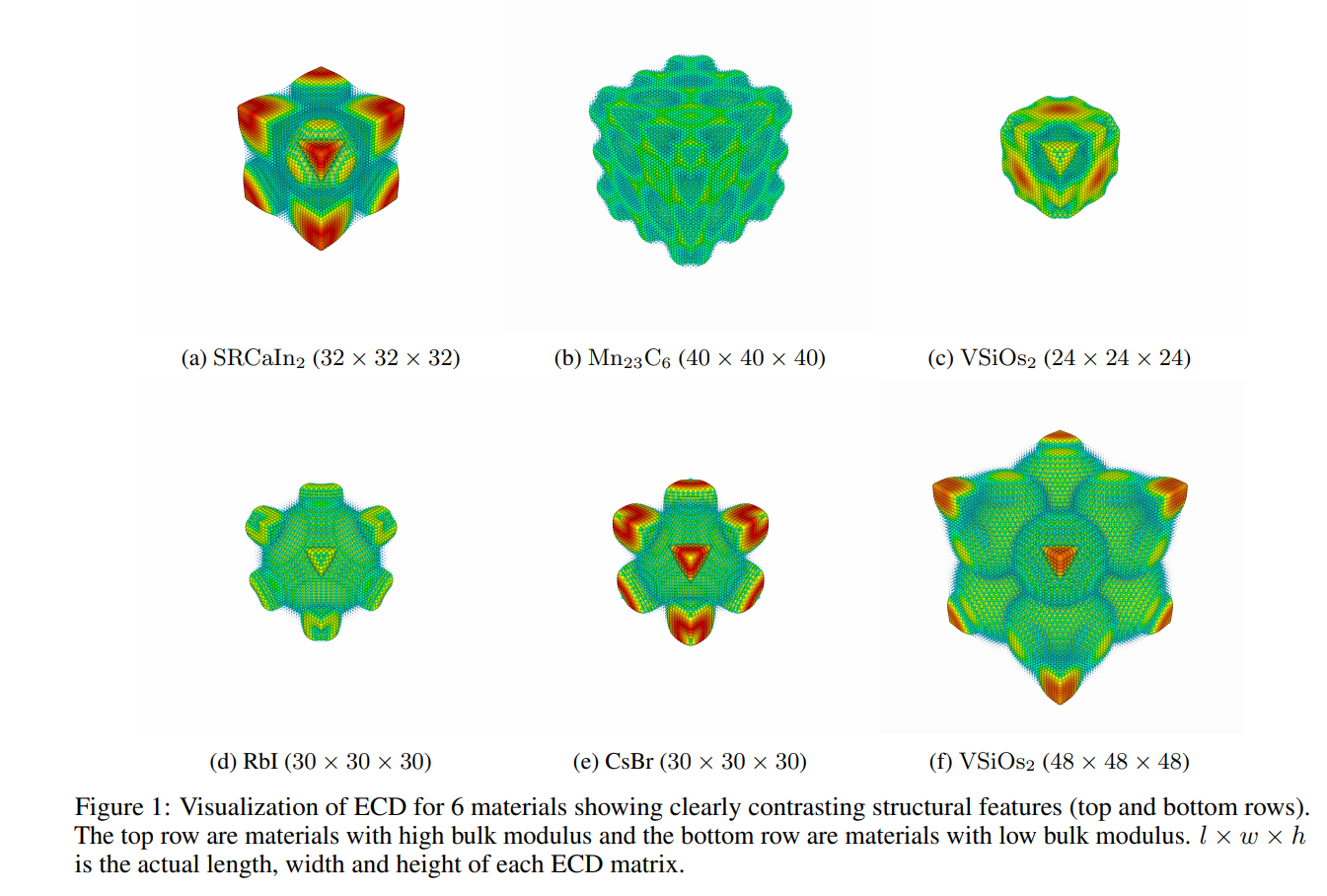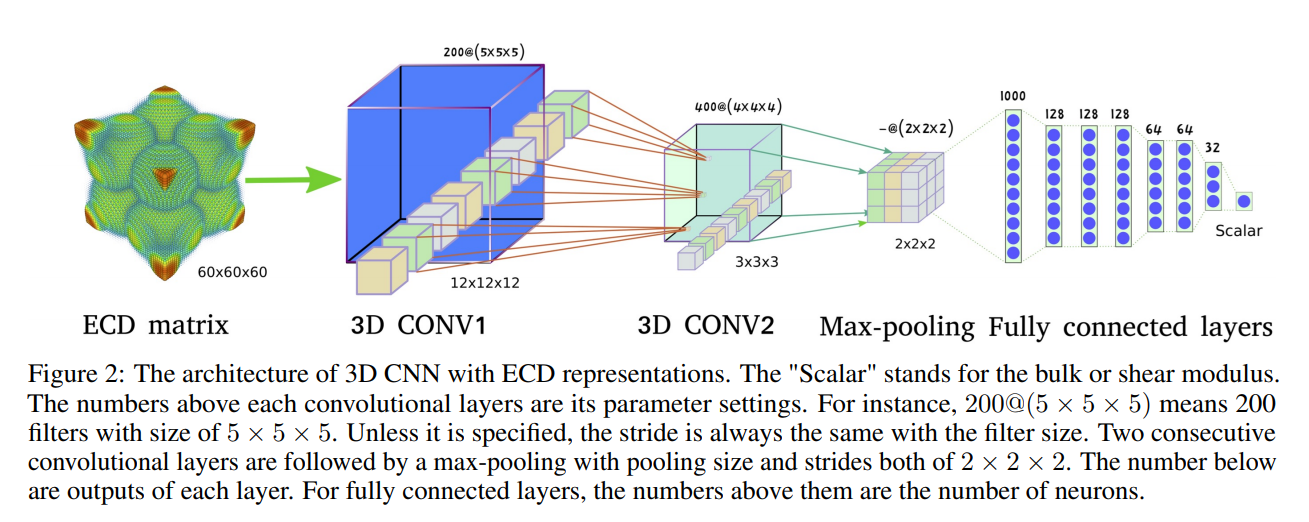Research Focus On Dr. Jianjun Hu
Associate Professor of Computer Science
Director of the Machine Learning and Evolution Laboratory
University of South Carolina
Advanced Machine Learning, Deep Learning and Data Mining
Discovery of high performance materials such as lithium-ion battery electrolytes or electrodes has huge impact on society. Such processes are very challenging and time-consuming, which are usually addressed in “trial-and-error” Edisonian way with tedious experiments of which the successes strongly depend on the human expertise and luck. Compared to the almost infinite design space of inorganic materials, the largest database that collect structure information of inorganic materials has only about 200,000 inorganic materials deposited. To overcome this obstacle, Dr. Hu’s team has developed a novel generative machine learning algorithm based on genetic adversarial neural network (GAN) for inverse composition design of inorganic materials. Their model is able to learn the intricate and implicit composition rules right from the known materials in the database and generate chemically valid materials recipes or compositions that may be synthesized. By repeatedly running their generation models, they have generated more than 2,000,000 materials compositions with low predicted formation energy indicating high probability of being synthesizable, which can greatly enlarge the screening space for seeking new materials with desired function. Here is demo Video video of their generative model showing how it generates 200,000 new materials. This work was partially supported by the SC EPSCOR CRP-GEAR grant in 2019.
A second area of interest is the machine learning algorithms for predicting materials properties from either composition or structures. Such kind of materials property prediction models are invaluable for conducting large-scale screening of function materials such as superionic conductors for lithium-batteries from large known materials database or hypothetical materials generated by the generative models as mentioned above. Dr. Hu’s team has been working on applying machine learning algorithms such as Random forest, Support Vector machines, deep convolutional neural networks, and graph convolution neural networks for predicting material properties such as thermal conductivity, bulk and shear modulus, and ion conductivity as well as materials structures such as crystal systems, noncentrosymmetry, and space groups. The ultimate goal is being able to predict the three dimensional structures given only a material composition. For more information about Dr. Hu’s research and collaboration opportunities, please check Click here
Dr. Jianjun Hu is Associate Professor of Computer Science at University of South Carolina (USC), Department of Computer Science and Engineering. He is also the director of the Machine Learning and Evolution Laboratory at USC. His lab focuses on developing advanced machine learning, deep learning and data mining algorithms that exploit big data for solving prediction, synthesis, and discovery problems in materials sciences, molecular biology, health informatics, and intelligent manufacturing. Of particular interest is developing data-driven AI algorithms for predicting properties and structures of proteins and materials and generative deep learning models for discovering and designing new materials for applications such as batteries and thermal materials.
April 2020

